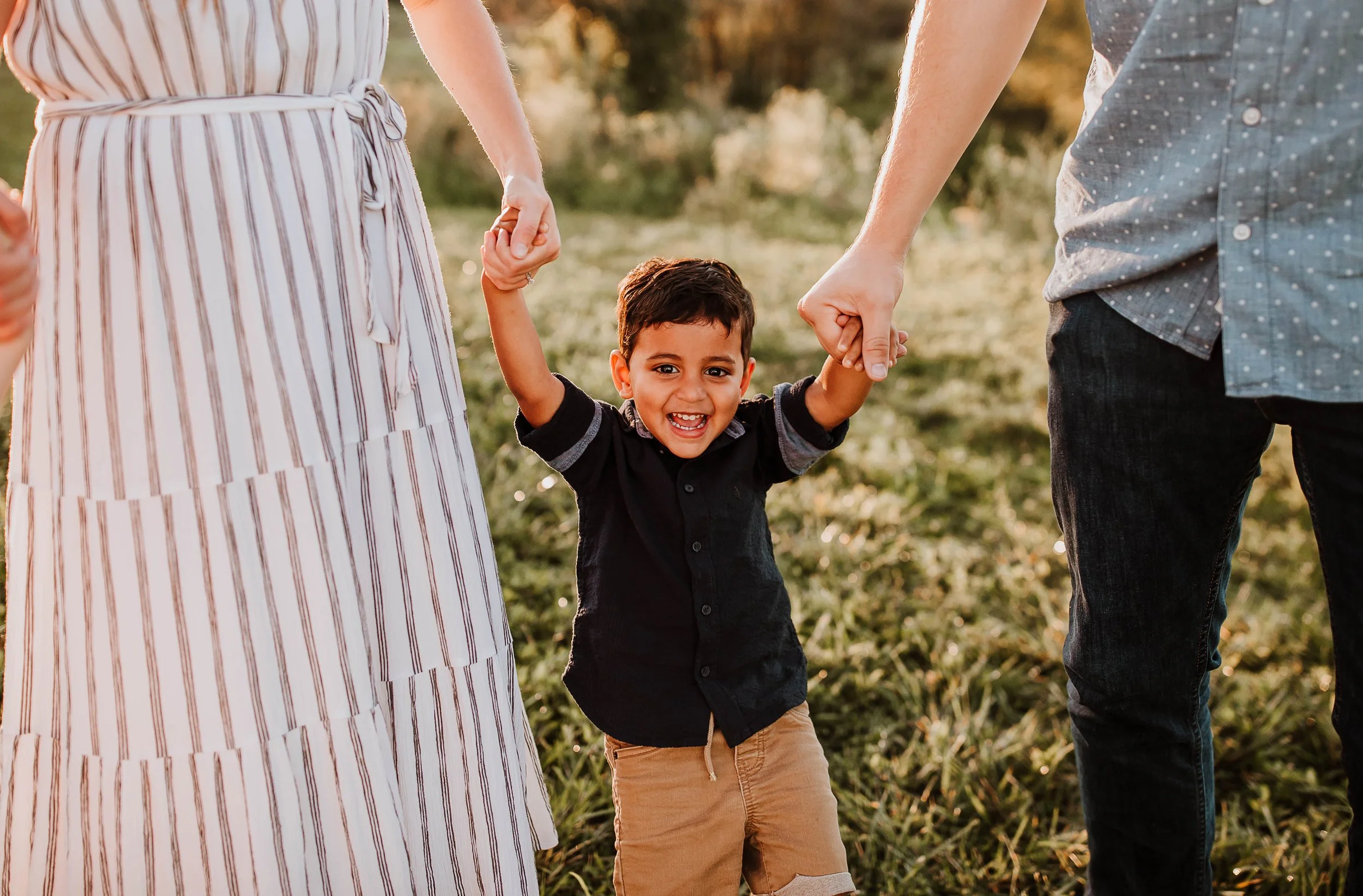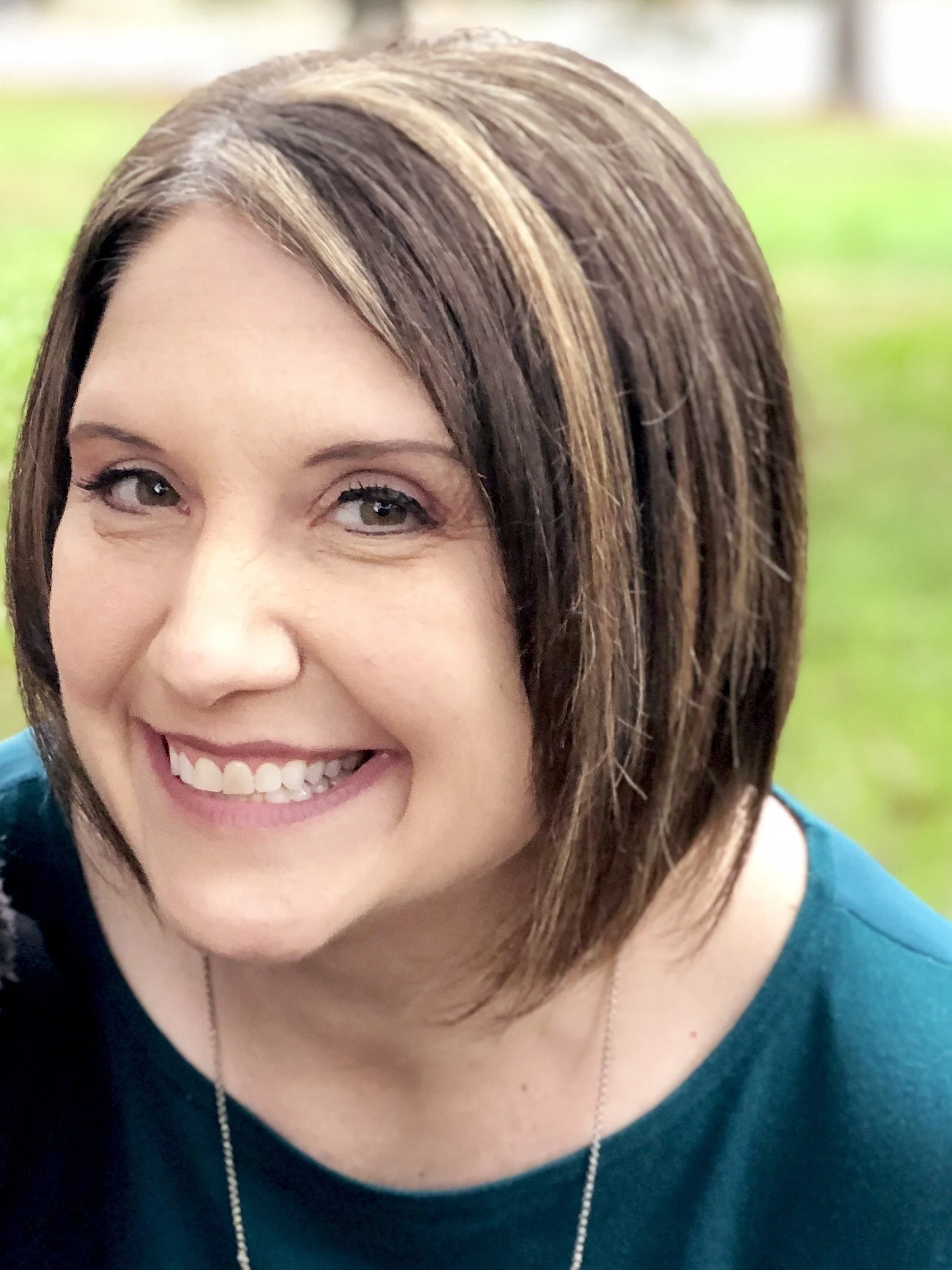India Adoption
Adoption from India with America World
America World Adoption (AWAA) is a Hague-accredited adoption agency that has been facilitating international adoptions since 1994. Our India program, authorized by the Central Adoption Resource Authority (CARA) in 2006, reflects our long-standing commitment to ethical and compassionate adoption practices.
With over 25 years of experience, our India team brings deep expertise and heartfelt care to every family’s adoption journey. While adoption from India can be complex and sometimes lengthy, our dedicated team provides steady guidance, maintaining regular communication with orphanages and government officials to ensure families feel informed and supported every step of the way.
At America World, we are honored to walk alongside families in this life-changing process — helping children from India find their forever families and helping families fulfill the beautiful dream of welcoming a child into their hearts and homes.
India Adoption Program Overview
| Timeline | 14 months-2.5 years |
| Waiting Children | Boys and Girls, 4 months-15 years |
| Parents' Ages | A Minimum of 25 Years Older than the Child Being Adopted |
| Travel | Usually 1 trip, 1-2 Weeks |
| Post Adoption Requirements | 24 Months |
| Estimated Costs | $38,731 - $51,400 |
Learn About Adopting from India
-

Waiting Children
Many precious children of all ages, with minor to significant developmental, physical, or emotional needs wait for the love and stability of a family.
-

Program Requirements
Our India adoption program has specific requirements for single women and families. Learn more to find out if this program is a fit for you.
-

Cost
The cost to adopt from India ranges from $38,731 to $51,400. Get a complete breakdown to find out what these figures entail.
-

Timeline
Special needs adoption from India usually takes 14 months-2.5 years while adopting a healthy child can be at least 3-5 years. Find out all the steps in this process.
-

Get Started
Is the India program the right fit for your family? The fastest way to find out is to fill out our FREE pre-application!
Children Waiting for Adoption in India
In India, there are many precious children of all ages, with minor to significant developmental, physical, or emotional needs. They wait for the love and stability of a family. These children have experienced great loss through the death of parents, relinquishment, or abandonment and have been placed in the care of institutions. Once they are deemed legally free for adoption by the Indian Adoption Authorities, their greatest hope is to be welcomed into a safe and loving forever family.
Non-Resident Indian (NRI) and Overseas Citizenship of India (OCI) heritage families may request to be matched with a child with no known medical needs; however, they should be prepared for the possibility of mild or correctable medical issues, developmental delays, and unpredictable wait times. Non-Indian heritage families (commonly referred to as a Foreign Family) must be open to adopting a child with an identified special need.
Children who are adopted through the special needs process can have minor to severe medical needs. Some examples of medical needs we see in child referrals from India include cleft lip and/or palate, clubbed foot, hearing loss, vision issues, heart defects, blood conditions, limb differences, genital malformations, developmental delays, Down syndrome, or cerebral palsy. Please note, these are just a handful of examples of the various medical needs we see in child referrals from India, all of which can vary in severity and necessary medical care or treatment. Children who are older (8+) with no known medical needs can also be considered special needs.
Families can be open to adopting a sibling set of two or more children, although single-child placements are most common in the India program. India does not allow families to adopt two or more unrelated children simultaneously.
India Adoption Program Requirements
Here are the requirements India has for international adoption from its country:
One parent must have U.S. citizenship (per USCIS requirements)
Married couples (M/F), married 2 years
Single adopters allowed
Family size: up to four children in the home (families with more than 4 children already in the home are considered case-by-case)
Age: must be at least 25 years older than the child to be adopted (must be 27 years at time of registration)
No minimum income requirement; however, families should have adequate financial resources to care for an adopted child and must meet USCIS threshold for family size
No crimes against children, other previous criminal history assessed on a case-by-case basis
Must be assessed to be physically and mentally fit
Doctors must be able to confirm a parent is in good health without chronic health issues that would impact parenting
Psychological Evaluation must be completed for each PAP
The age of the child a family is eligible to adopt is based on the maximum age of the prospective adoptive parent(s). The composite age of each prospective adoptive parent(s) is calculated by adding together the exact age of each spouse, per the chart below. The exact age of an individual includes the total years, months, and days "old" a person is, based on their specific birth date. For example, India considers a prospective adoptive parent to be "30 years, 6 months, and 21 days old", rather than just "30 years". (This is important for married couples to consider when determining their composite age and the age of child/ren they are eligible to adopt.)
| Age of the Child | Maximum Composite Age of Prospective Adoptive Parents (Couple) | Maximum Composite Age of Single Adoptive Parent |
|---|---|---|
| Up to 2 Years | 85 Years | 40 Years |
| Above 2 & up to 4 Years | 90 | 45 |
| Above 4 & up to 8 Years | 100 | 50 |
| Above 8 & up to 18 Years | 110 Years | 55 Years |
India Adoption Cost
Below are the total estimated fees, not including optional / as needed expenses.
| US Expenses | $11,209 - $11,608 |
| Foreign Country Program Expenses | $5,000 |
| Contributions | $5,000 |
| Home Study Expenses | $2,000 - $2,950 |
| Translation / Document Expenses | $2,265 - $3,750 |
| Travel / Accommodation Expenses | $1,120 - $2,705 |
| Post Adoption Expenses | $5,950 - $6,250 |
| Third Party Expenses | $6,187 - $14,137 |
| Total Estimated Expenses | $38,731 - $51,400 |
God Can Provide for the Cost of Your India Adoption
For many families who feel called to adopt, the greatest obstacle is often the cost. While it may seem out of reach, countless America World families have witnessed God’s incredible provision — seeing their adoption expenses reduced or even fully covered through adoption grants, the Federal Adoption Tax Credit, employer benefits, fundraisers, and more.
When God calls a family to adopt, He also provides the means. Visit our Financing Adoption page to discover how He might provide for your journey, too!
India Adoption Process
While each adoption process will vary depending on a family’s unique circumstances, here is an overview of what to expect when adopting from India:
Pre-Application: You can begin with a free pre-application to find out if you meet basic eligibility. You will need to meet both U.S. and India requirements. Once eligibility is confirmed, you can move forward with completing the full adoption application.
Application: Once you decide to move forward with adopting from India, you will complete the full adoption application with AWAA. Submitting this application marks the first official step in the India Adoption process. After your application is approved, you will proceed with your home study.
Home Study: Each family will need a completed home study, which includes background checks, medical and financial records, reference letters, and psychological evaluations. Pre-adoptive education training is also required to prepare families for the adoption journey. Once your home study is completed, you can file your I-800A application and register on CARINGS.
I-800A: Families will need to apply for an I-800A. This is the initial approval families will apply for with the United States Citizenship & Immigration Services (USCIS). This approval allows a family to bring a child to the United States through International adoption. Families must receive their I-800A approval in order to be considered eligible to be matched with a child’s referral.
CARINGS Registration: Each family has a set of documents that are required to be uploaded on the Central Adoption Resource Authority’s website (CARINGS). This is the way India’s Adoption Authority (CARA) reviews and approves each case. This system ensures transparency compliance with the India’s regulations and proper tracking of each adoption case.
CARA Approval: Once CARA reviews all of the family’s documents, the family will receive CARA approval and are now qualified to be matched with a child’s referral, bringing them one step closer to completing their adoption journey.
Referral Wait Time: Waiting for a referral depends on several factors, including the family’s preferences and their approval regarding the child’s age, gender, special needs. It is also dependent on the children available for adoption at that time.
Referral Acceptance and Finalization: Once a referral is received, families have the opportunity to review the child’s information with their doctor and an adoption specialist, helping them feel confident in accepting the match. Once a child’s referral is accepted, the family can begin working towards completing the final paperwork necessary to finalize their adoption and bring their child home.
I-800: The I-800 approval is issued by USCIS, linking the information of the child a family has decided to adopt to their original I-800A approval. Once a family has accepted a referral, typically they will be able to file the I-800 application right away, taking an exciting step closer to welcoming their child home. This step is required to receive the Article 5 and finalize the dossier submitted to India.
Article 5: The Article 5 is the official approval issued by the U.S. Embassy, confirming that the prospective adoptive parents are qualified and approved to adopt the child, and the child meets all the legal requirements of being free for adoption. This step is required to receive the No Objection Certificate from CARA (NOC) and submit the final dossier to India.
Dossier: An India adoption dossier is a complete set of official documents compiled by a prospective adoptive family and submitted to child’s orphanage as part of the adoption process. It serves as the family’s formal application for adoption and provides a detailed overview of their eligibility, background, and readiness to adopt. The dossier must be received for the orphanage to file for the family’s final Adoption Order. It also includes formal referral acceptance paperwork and the final Article 5 approval. The family will work to compile dossier through the process, submitting it to India once their Article 5 approval has been received.
NOC: The No Objection Certificate (NOC) is India’s official approval confirming that there is no objection to the family finalizing the adoption. This approval can be applied for once the Article 5 is issued, and this approval must be received for the orphanage to file for the family’s final Adoption Order.
Adoption Order: An Adoption Order from India is the official legal document issued by India that finalizes the adoption of a child. It confirms that the child is legally and permanently placed with the adoptive family and grants the family full parental rights. An orphanage can file for the Adoption Order to be issued once they have received the family’s dossier and the NOC approval from CARA.
Passport: Once the final Adoption Order has been issued, the orphanage is able to apply for the child’s birth certificate. CARA is also able to issue the Article 23, Certificate of Conformity, confirming that the adoption conformed to the adoption regulations of the Hague Convention. Once the birth certificate and Article 23 are issued, the orphanage can apply for the child’s passport, necessary for the child to travel home to the United States.
Travel and Time In-Country: Once your child’s passport has been received, it’s time to plan the long-awaited trip to India — a moment filled with joy and excitement! Most families spend about 1–2 weeks in-country and typically make only one trip. You’ll first travel to the region your child is from to take custody, then fly to Delhi for final adoption appointments, including your child’s medical clearance, visa, and exit permits. Our America World team will coordinate all necessary appointments and travel plans, ensuring all documents are in order. An in-country representative will be with you every step of the way — accompanying you to the orphanage, assisting with each adoption-related matter, and providing any needed support. Our team can also arrange sightseeing opportunities to make your trip even more memorable. With years of experience navigating each step of the process, we’re committed to helping families travel smoothly and focus on what matters most — bonding with the child they’ve spent years praying and preparing to bring home.
Post-Adoption Reporting: India requires six in-person, in-home Post Adoption Reports at 3, 6, 9, 12, 18, and 24 months after arrival home. America World also requires a 1-month self-report. India reserves the right to request additional post-adoption reports, including annual updates.
India Adoption Program Staff







